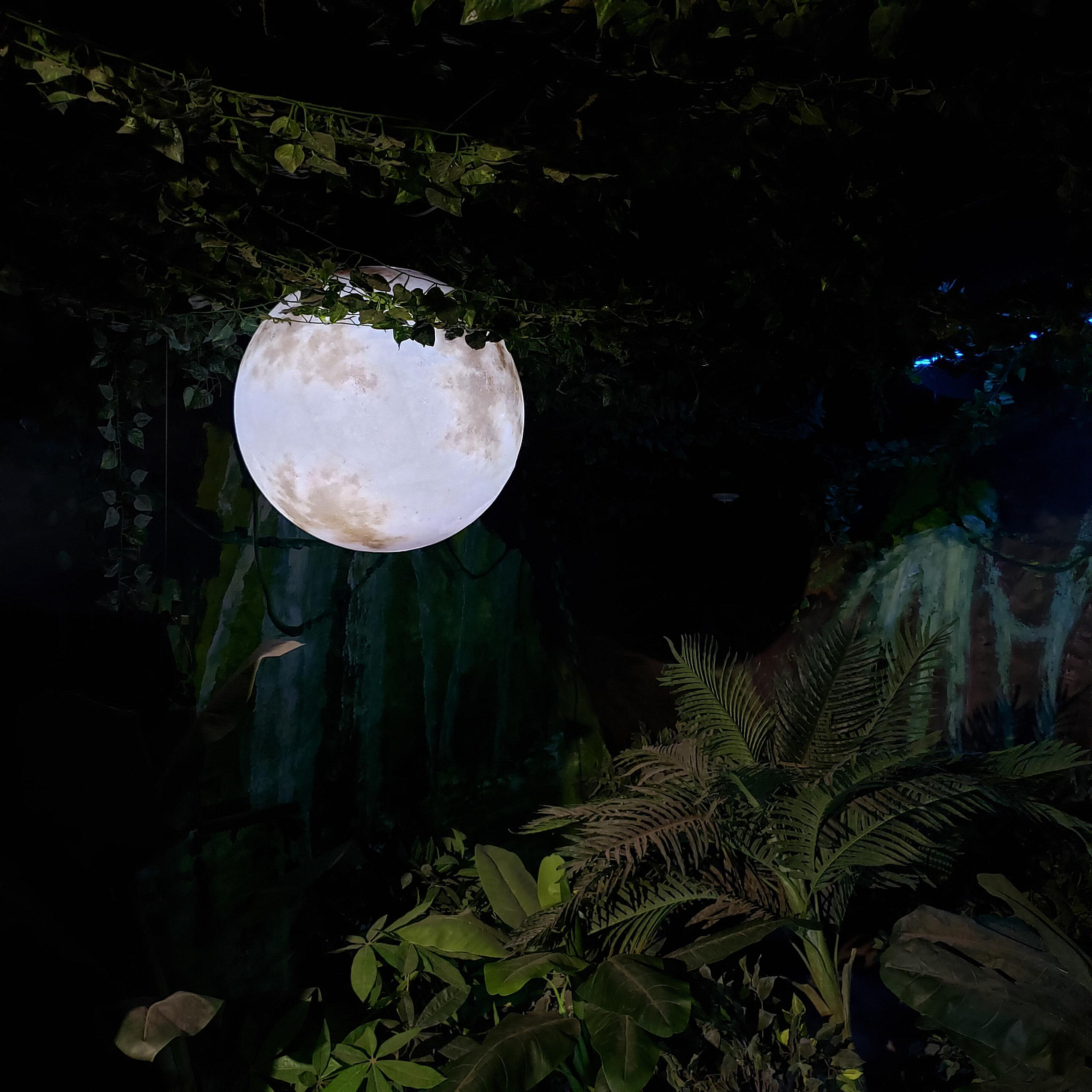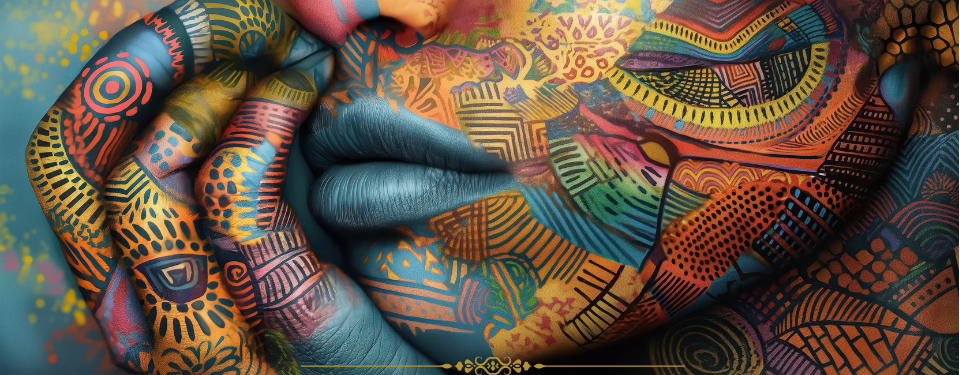Adult Self, Time to Bend the Knee: Part 1
Begin accessing the hidden reserves of your deepest wisdom
Are you a first-time reader?
These posts make the most sense when you start here.
Fly This Thought To The Moon And Back (no pilot license required)
First, if I asked you to—no pondering, just off the top of your head—quickly give me three adjectives describing your teen years, what would these be?!
For the sake of this exercise, how about writing these three adjectives down before reading more…
1._________________
2._________________
3._________________
I’m imaging your three adjectives flew off in one of two directions.
The most common direction (and I say this after asking adults this question over a few decades) is a drift towards negativity, ranging from mild (embarrassed by x / confused over x / angry about x…) to traumatic (bullied over x / mental anguish about x / trauma experience involving great loss or pain / persistent anger about x).
Less common is the drift toward positivity, ranging from simple moments (pride in x / satisfaction for doing x) to high moments of (loving an experience with or about x / passionate about x / feeling righteous about x / determined to do or be x).
More unusual are adjectives combining the highs and the lows of your teen years. A mix of difficult moments you haven’t thought about for a long time, with the developmental moments you’ve—most likely—never considered as the foundation for being your Adult Self.
Why Is Negativity Our Most Common Response?
Besides our negative, cultural bias toward teenagers, which we’ve discussed here and here, humans give credence to negative emotions and experiences more readily than to what’s positive.
So, when it comes to reviving the loooong list of permanently useful, positive impacts that your teen years have had on your Adult Self, we’re hit with a double whammy: a pre-existing negative bias toward teenagers in general reinforced by our human predisposition toward negative reflexes.
Yikes! You can see why, even now, even with the recent, current awareness that besides our Inner Child we also shelter an inner teenager, this awareness (up to these posts) has been framed in the negative over and over in various forms of Healing our (implied: damaged) inner teenager. Full stop.
It’s way past time for our collective awareness to include the gifts and benefits of our teenage development.
Since bringing the unconscious into consciousness gives us a chance to land all of this negativity in a wide-open field of wild flowers—and before we begin the work on activating radical creativity through your Inner Teen—let’s shine some light on why the negative has so much swag.
A Short List of Reasons Why Negativity Stalks Us
1. Evolutionary: seems as if our ancestors held the survival advantage if they were more aware of, and sensitive to, threats and dangers. This created a negativity bias that helps protect and preserve our lives.
2. Neurological: brains react more strongly to negative stimuli than positive; negative experiences trigger hormones that imprint the event more deeply than positive ones.
3. Cognitive: negative events need a larger processing container to analyze, understand and resolve, which keeps them in memory storage longer.
4. Psychological: the anguish of loss is more acute than equal pleasures; negative experiences impact us more deeply than positive experiences, so they stick around longer.
5. Social/Cultural: We tend to compare ourselves unfavorably to others, thus forming negative self-perceptions; our media tends to reinforce our human, negative bias with a preponderance of negative stories.
6. Problem-solving: when we pay attention to the negative, it opens up the possibility for motivational changes and improvements; remembering a negative outcome helps us avoid the same mistakes.
Ready For Take Off Two
Let’s try this again—no pondering, just off the top of your head—quickly give me three POSITIVE adjectives describing your teen years!
These are…
1._________________
2._________________
3._________________
The Theoretical:
I’m going to give you a list of specific development stages of adolescent development, over a series of posts, without which your Adult Self would be not just be diminished, you’d be condemned to experience life as a child in an oversized body!
The Practical:
I’m also going to offer a prompt/question, based on each stage, that you can repurpose in your own words to ask your Inner Teen for support when dealing with this area in your adult life. Your Inner Teen’s advice will quite literally blow you away, I promise.
If you want a refresher course on how to connect with your Inner Teen, the last post went into the Inner Family approach step-by-step.
Identity Formation: Traditionally, this is the key developmental stage of your teen years.
As a child, if you were asked to describe yourself, a typical answer would be concrete information like: your name, that you have a Mom and a Dad (or other caretakers), if you have siblings (or not), maybe where you live, if you have a pet (or not).
As a teenager, you’re likely to answer in personal preferences or characteristics: I like hanging out with my friends / I like to scroll on Snap Chat / Bullies annoy me / I’m into pizza / I’m shy in crowd, but speak up when it’s one to one / I’m outgoing and positive / I’m into a jazz band / I wish I was taller / I love tennis / I do things my way, etc.
Simply put, identity formation is Who am I?
This lifelong process begins in childhood and extends into late adulthood, with the most crucial period between 12 and 18 years. During your teen years, you experimented with different roles, different beliefs, and personal values which coalesced into a coherent sense of self.
And during your teen years you experimented, tried on different identity hats. Somewhere along the path from young teen to young adult, each experiment became either part of who you wanted to be, or it was discarded, maybe tucked away for a later, adult exploration of identity.
Inner Teen Gift #5 – Your Coherent Sense Of Self
One of the greatest gifts of your teenage years is how this coherent sense of self offers you great stability against which to test out your life circumstances as an adult.
It gives you a stable structure that is amenable to change and transformation so you can reliably add and subtract different aspects of your identity as your life evolves.
Without your teen years, your sense of self would be buffeted by the winds of fate, where an ever-changing sense of self opens the door to whimsical values, choppy belief systems, and no framework for your dreams and aspirations.
But, What’s The Practical Advantage Here?
Once you’ve established an ongoing, current relationship with your Inner Teen, they can help you with the nitty gritty of living life. And unlike therapy, all they want is to add to the column of inner peace and satisfaction.
By employing the Inner Family approach, specifically to connect with your Inner Teen, you can access hidden reserves of deep wisdom.
For example:
If you are avoiding a decision that affects your core sense of self, ask your Inner Teen for help.
Prompt: [Inner Teen’s name], I have a decision to make about (fill in the blank). Do you have any thoughts for me?
What’s Next?
In the 11th post, we’ll continue exploring What Your Adult Self Owes to your Teenage Self: Part 2, with the unique teen ability to imagine (and see) yourself as others do (or might).
Another gift from your teenage years where, without this ability, your adult self would be severely diminished.
Have you taken 30 minutes to connect with your Inner Teen yet?
Please, tell me…
1) Are you’re on your way?
2) If yes, how it’s going for you?
3) If you don’t feel ready, but you want to explore, what else would be helpful?
You can hit “reply” (if you get this via email), or comment (if you’re comfortable sharing inside the Substack platform).
If you have any confounding questions, I’m absolutely here for you.
Meanwhile, please …
Add a comment to this post because I really, really need to know what’s intriguing you, if there’s anything else you want to know/hear, or if you have a question or a thought. Controversy welcomed!
Tap the heart icon if you’re finding this thought-provoking or just because it lights up my day to know you’re out there and care!
3. Discover why Inspiration changed from a what to a Who.
Come Meet The Goddess of Inspiration and expand your creativity: an original, guided meditation for any time you hit a roadblock or doubts are taking over.
P.S. To continue this series, scroll down and hit “next.”
To reacquaint yourself with My Premise / My Promise, click here.










